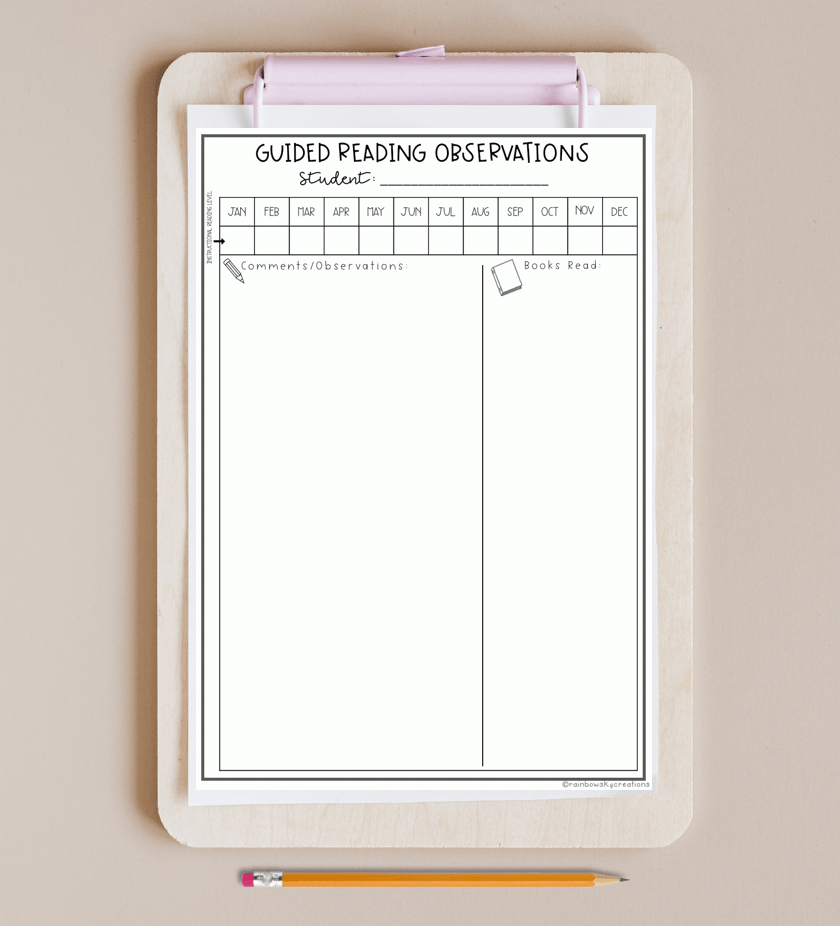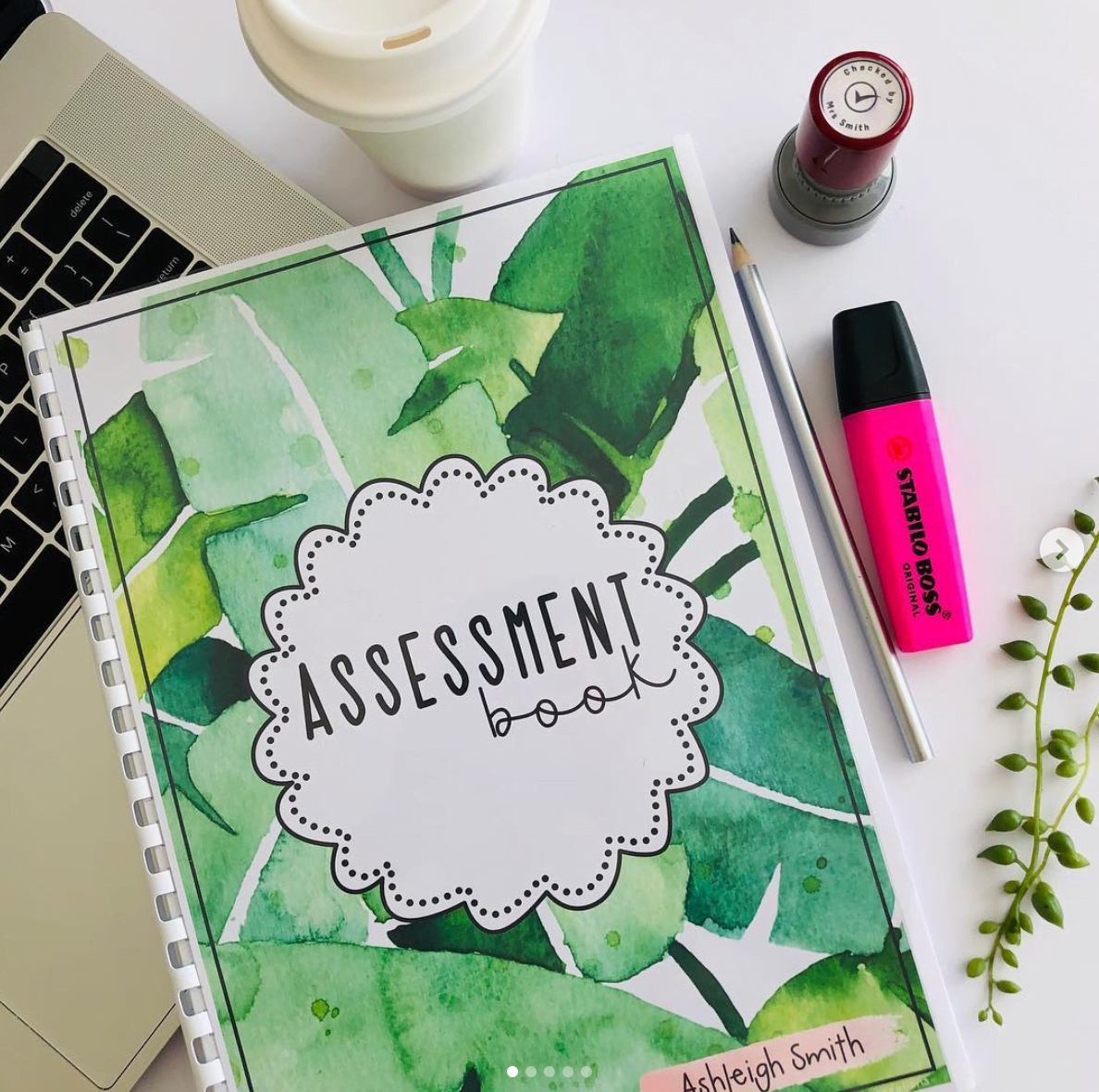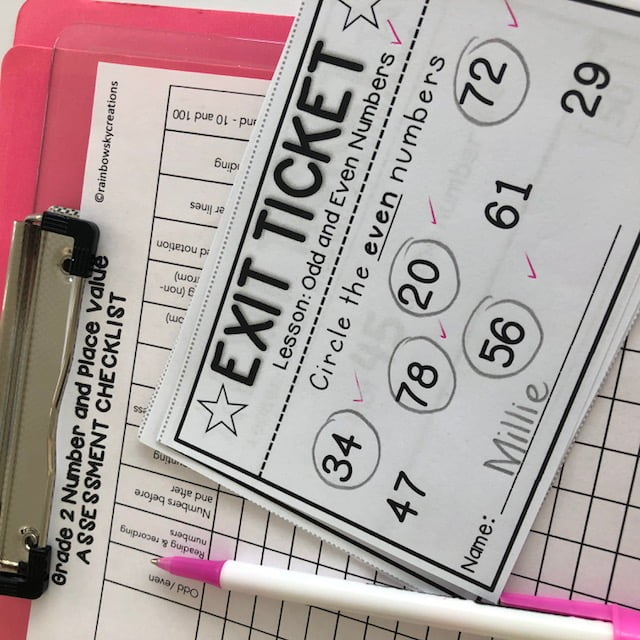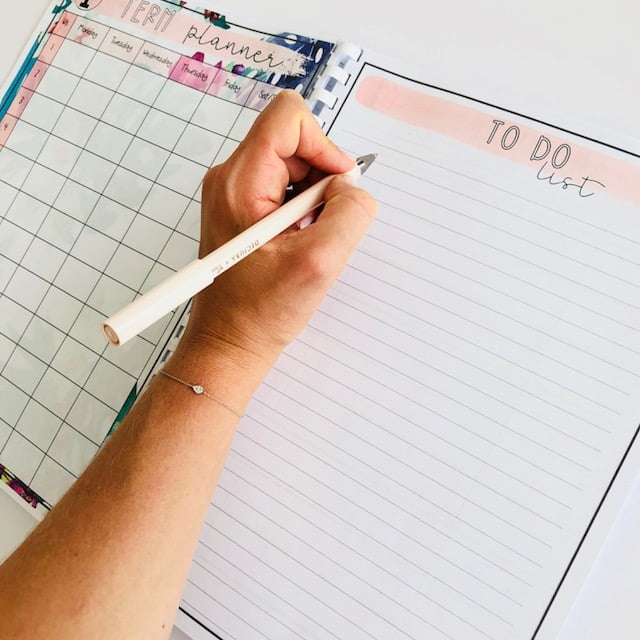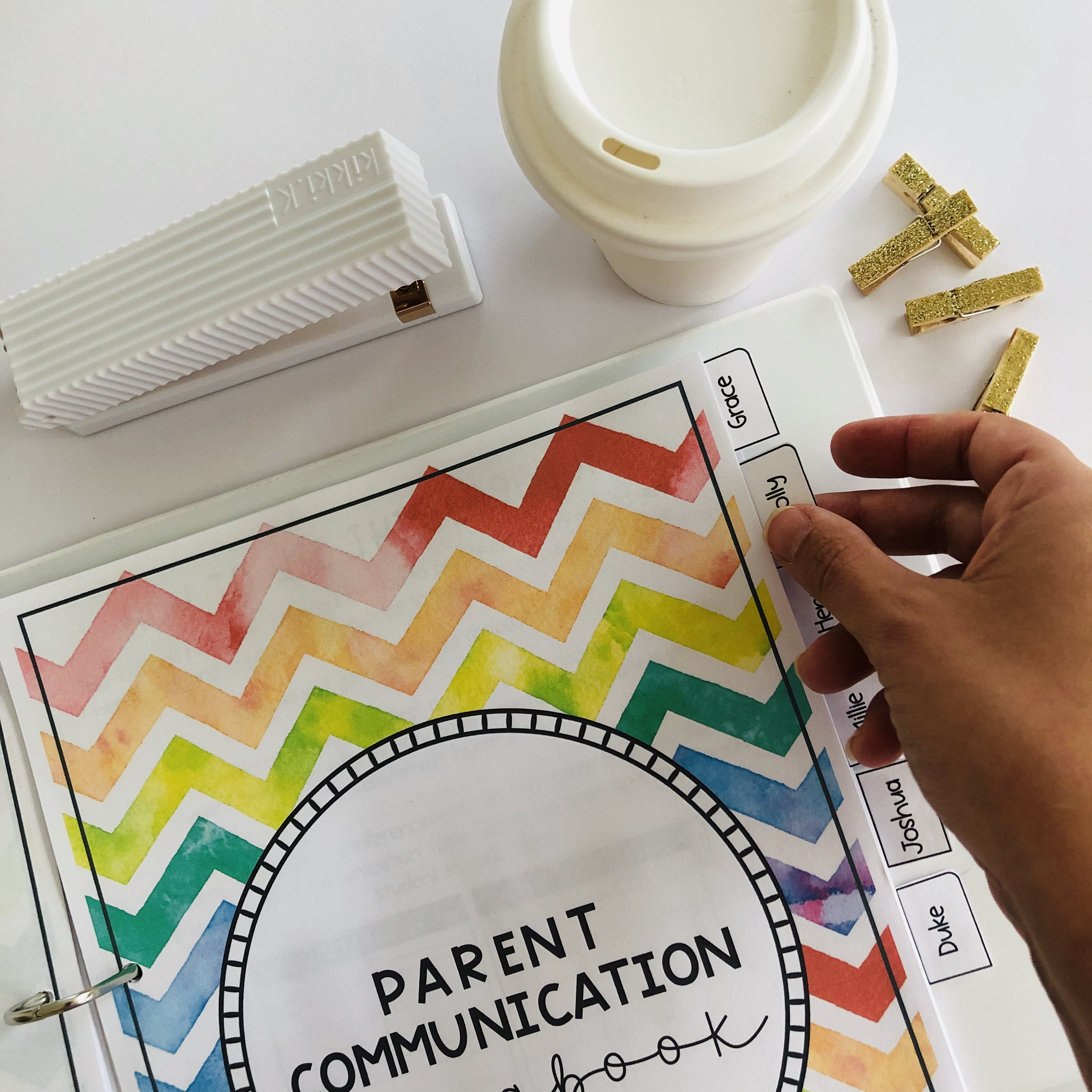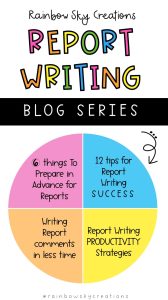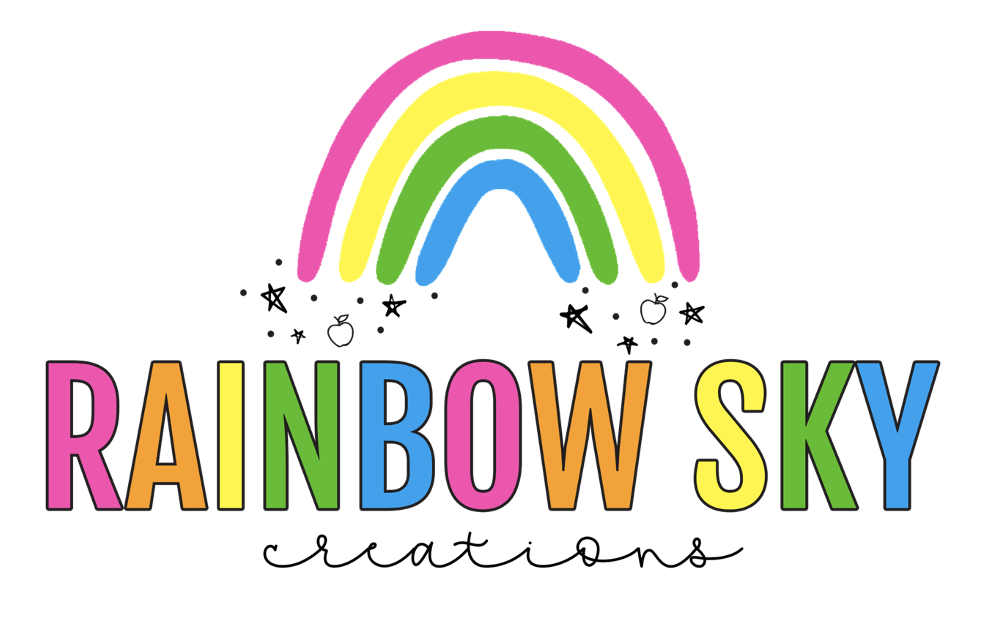No matter what we do, think, or say, report writing will make an appearance, and there’s nothing going to stop it.
We can, however, put ourselves in a better position to make the task as easy as possible.
We have written this blog series about report card writing to help you with all those finer details to get those reports written and ticked off the list (with as little procrastination as humanly possible).
We wanted to start with some things you can do in advance to prep. Getting a few things in order will make it easier to begin earlier, and we’ve discovered it’s actually A LOT better to start sooner when report writing. It is less stressful, and there is something quite soothing when you take control of what can be an uncomfortable situation.
So, let’s begin our report writing series with 6 things you can do to be prepared and ready for report writing season:
1. Setup a system for anecdotal notes
Anecdotal notes are a great way to record (in the moment) how students are traveling with their learning. However, if you have no system in place, these notes can become a hot mess and next to pointless.
We highly recommend having a system, so any anecdotal notes you take are easy to find and reference when writing reports.
Some effective ways we have done this in the past include:
- Keeping anecdotal notes by the term in our teacher planner.
- Having an exercise book with one page dedicated to each student to record any notes, observations, successes, or struggles.
- Recording notes on index cards and having one card per student (you could also have an index card system for Reading, Writing, Maths etc.).
- Having a folder with a page of notes per child. This is helpful if your students are working in groups because you can move the pages around to keep students note pages in the same group together.
2. Record your data in the same format as you are expected to use in reports
For example, if your school uses the A-E system, mark, grade, and record using A-E. This means if you have an assessment where students get a mark out of 20, you need to align the marks to the A-E descriptors.
Having all your data in the same format will make it super easy when it comes to assigning grades during report time.
Remember, this may require a little more thinking upfront, but it will be worth it in the end.
3. Keep up to date with marking
When you sit down to get stuck into your report writing, the last thing you want is a backlog of assessment marking to do before you actually get to sit down and begin your reports. Report writing is so much easier when you have all your data ready to go, and that means keeping up to date with marking and grading!
4. Dates in the diary
As soon as you get dates or timelines from your leadership team regarding reports, put them in your diary. Take it one step further and write reminders in your teacher planner the week before or set reminders in your digital calendar or phone.
This little step is going to mean that due dates aren’t going to sneak up on you.
5. Know what you need to report from the beginning
It is important to know what you need to report on from the beginning of the school year or semester so that you can cover everything in your planning and assessment. It isn’t fair to you or your students to do a crash course on a topic, simply so you have something to report.
As we know, the teaching and learning process is a cycle. It’s best to plan with the end in mind, including what needs to be taught, assessed, and reported.
6. Contact parents about any student challenges
Reports aren’t the place for surprises. If a child at school has challenges impacting them socially, emotionally, or academically, it is important this is communicated to parents before a school report arrives on their doorstep.
Bonus tip for NEW TEACHERS – It is ok to ask for help. Approach someone on your staff that you trust in advance and ask if you can see any past comments they have written. This will help you get on top of what is expected.
Remember, at the end of the day, report writing is a marathon, not a sprint. If you start on the right foot, things are going to easily fall into place later.
Ready for our next post in our report writing series? Our 12 top tips for Report writing. Check it out here.
What to read next:
10 Considerations when planning authentic Assessment
Ways to support your students in the lead up to NAPLAN
